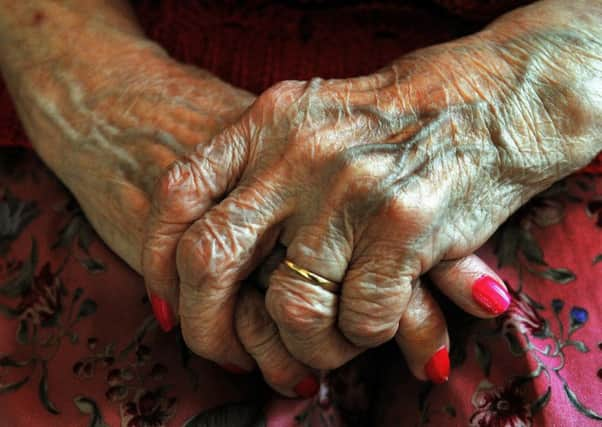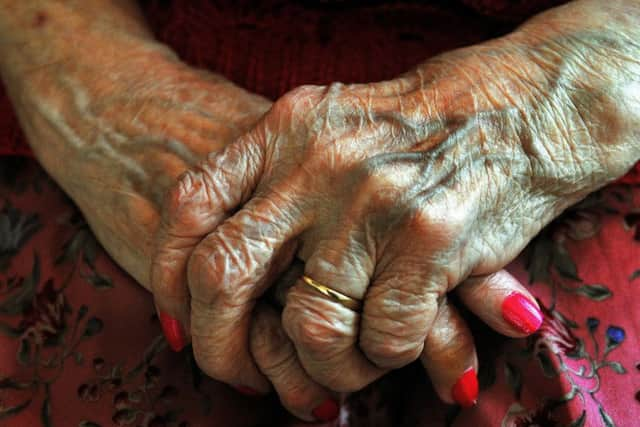Councils must act on loneliness triggers, campaigners warn


The Campaign to End Loneliness (CTEL), partners in The Yorkshire Post’s Loneliness: The Hidden Epidemic campaign is calling on local authorities to take the lead on reducing and preventing loneliness, which can be as damaging to health as smoking 15 cigarettes a day.
It has launched new guidance for councils, urging them to recognise the importance that essential services can have in helping elderly people at risk of loneliness stay connected.
Advertisement
Hide AdAdvertisement
Hide AdThe Campaign states that the support needed should include transport and technology – with 41 per cent of those who feel lonely saying transport is a barrier to seeing people, and half saying they believed the internet can help prevent loneliness.


Campaign director Laura Alcock-Ferguson said local authorities need to recognise the “potentially devastating” impact that changes to service provision could have on an older person’s ability to stay in touch with their friends, family and neighbours.
She said: “We need local authorities to address the many triggers of loneliness by maintaining and providing essential services that older people rely on to stay connected. This could be transport to help with shopping, support with getting online, or simply, by providing clear information about social activities happening in their area.”
The new guidance highlights the work of Leeds Council’s Neighbourhood Networks - 37 community based schemes which support more than 100,000 older people across the city.
Advertisement
Hide AdAdvertisement
Hide AdOne of which, Action for Gipton Elderly (AGE), worked with the Campaign to produce a new video on its work. The small team of staff and volunteers have been working with vulnerable older people in the East Leeds suburb for 17 years, using a community approach to reach out to those who are isolated.
AGE manager Karen Woloszczak said: “This has proven to be very successful by developing confidence, interests and networks and allowing people to be more engaged in their community in meaningful ways.
“Friendships have developed over shared interests that show older people as active participants, and we encourage the wider community to realise the wealth of knowledge and true value of older people by working with younger generations on hobbies and interests.”
Coun Lisa Mulherin, Leeds Council’s executive member for health, wellbeing and adults, said the networks act as “a model of innovation” in helping to ensure older people can access the services they want at the heart of their communities.
Advertisement
Hide AdAdvertisement
Hide Ad“Organisations like Action for Gipton Elderly empower thousands of older residents in Leeds to socialise and live independently, giving them the choice and control they need to play an active role in the places where they live,” she said. “That level of local engagement is key to ensuring older people do not become isolated and are instead able to participate in an increasingly diverse range of activities, meet new people and stay out of the grip of loneliness. That in turn is hugely beneficial to their health and wellbeing and supports them to live healthier, happier and more independent lives.”
Ms Alcock-Ferguson said she hoped AGE’s work would inspire local authorities to support the one million older people who experience loneliness across the UK.